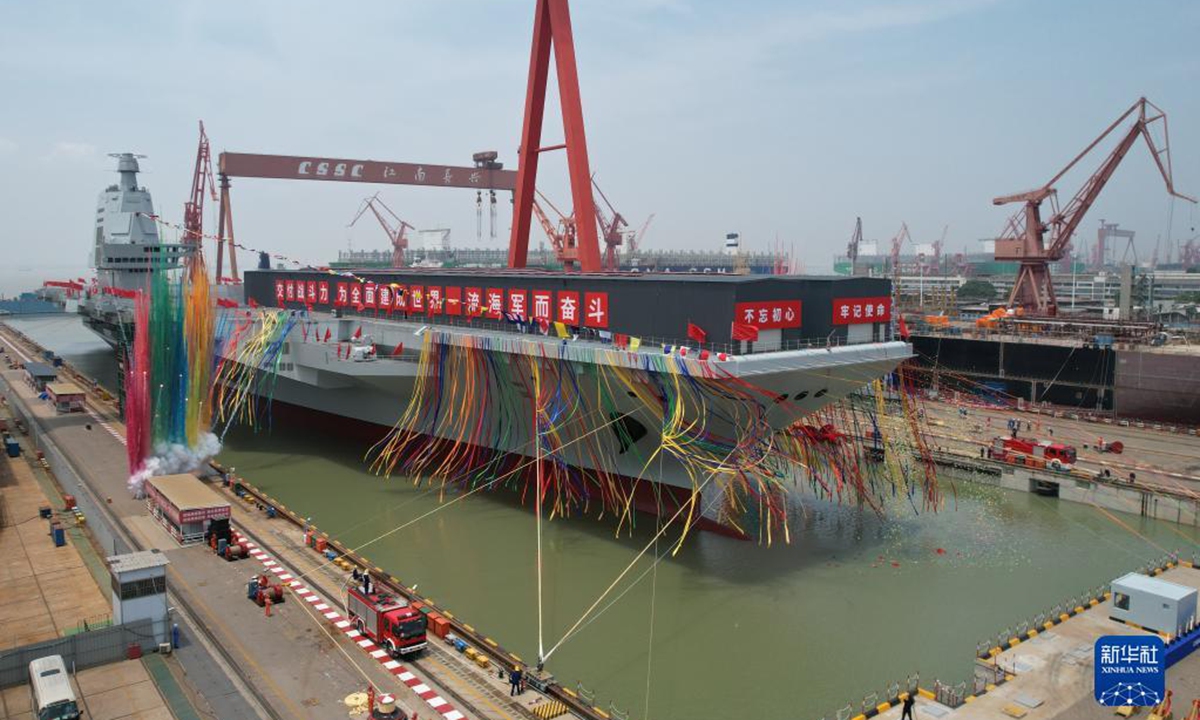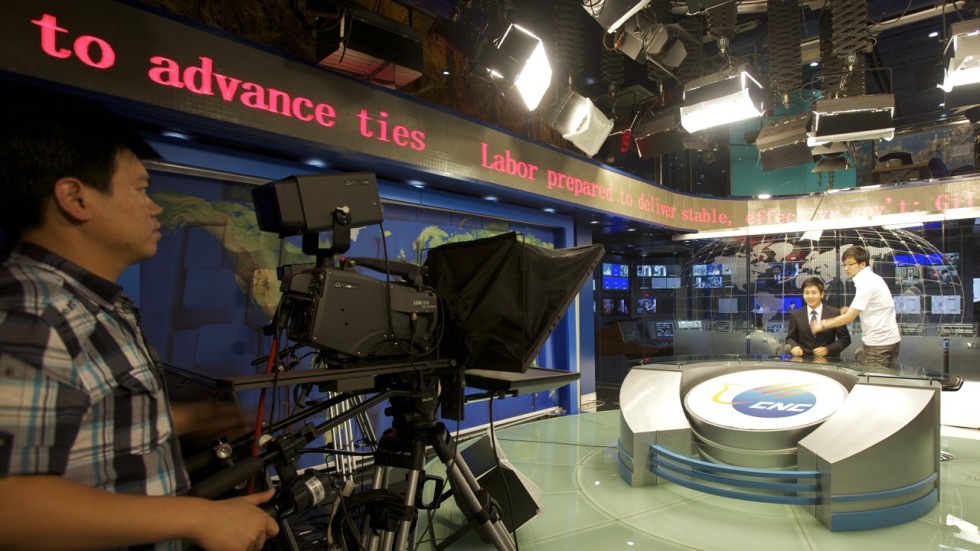Though it takes a long time to develop a brand in foreign markets, Chinese companies are good at research and development, meaning products can quickly be technology-driven and meet local needs
- Fang Han,
From the world's top short video application TikTok to the biggest fast-fashion app Shein and emerging music-video app StarMaker, a rising number of mobile apps developed by Chinese companies are influencing people's daily lives across the globe. A new report published by market consultancy iResearch showed that the overseas revenue of China's entertainment apps grew 204 per cent year-on-year in 2021. In addition, a report from US search giant Google said that the downloads of apps made by Chinese developers among the world's top 1,000 applications nearly doubled over the past decade, from 8 per cent to 14 per cent. Industry experts said this demonstrated Chinese companies' strong innovative capabilities, but they also face challenges amid rising geopolitical tensions. "Chinese companies are playing a bigger role in global mobile app innovation, thanks to the rapid development of the digital economy. The momentum of digital consumption and 5G commercialisation promoted the continuous innovation and iterative upgrading of digital technologies, thus driving the huge innovative vitality of app developers," said Wang Peng, a researcher at the Beijing Academy of Social Sciences. "The Chinese government has also been making great efforts in driving digital innovation and encouraging companies to deeply integrate digital technologies with the real economy," Wang added. Wang also said that such efforts have led to the development of a group of industry leaders that are able to leverage their innovative ability to contribute to global industrial development. The iResearch report noted that Chinese gaming apps continued to be the major revenue driver of the nation's apps overseas, but social networking apps have also displayed growth momentum over the past year.The United States, Japan and South Korea were the main overseas sources of income for Chinese apps.
Notably, downloads of Chinese apps also increased in Africa, the Middle East and Southeast Asia last year, among which the African market was the most prominent, with a total growth rate of 18.9 per cent year-on-year. StarMaker, a karaoke video app enabling users to create and share music videos, quickly went viral in 102 countries and regions, where it has become one of the best-selling music apps.
"The global market is promising for Chinese companies.
'Though it takes a long time to develop a brand in foreign markets, Chinese companies are good at research and development, meaning products can quickly be technology-driven and meet local needs," said Fang Han, CEO of Kunlun, the developer of StarMaker.
"After success in one market, we are also able to quickly spread this to other countries," Fang said, adding that the company has a dominant position in markets in Southeast Asia, Africa and the Middle East. Small developers from China are also warming up the global mobile app market. US tech company Apple Inc said that more than 5 million third-party developers in its iOS app ecosystem are from China, up from 4.4 million a year ago, and they have increasingly become a major force in the global app economy. However, Huang Leping, head of technology, media and telecommunications at Huatai Securities, said that many challenges remain for Chinese companies in going global, especially as many countries have tightened up their data protection policies."In the past, companies have been able to build a set of algorithms in China and offer services in foreign markets, where the data can be interconnected.
'But in the future, companies may need to build supporting facilities in various countries to do that, which will greatly increase their operating costs and risks," Huang said.- China Daily/Ann
Related:
China: most popular apps 2022 - Statista
25 most popular apps in China [Tencent Dominates]
Related posts:
China's new tech soft power
The fight for digital supremacy
China is at the forefront of a huge revolution in AI. Already, the United States realises it is no longer the leader.
Bytedance, World's Most Valuable Startup Is Home to a Complex Fortune
China ready to launch global data security initiative

Pride and prejudice
TikTok Owner ByteDance to Spend Billions in Singapore After U.S. Ban
Huawei could end up challenging Google
































